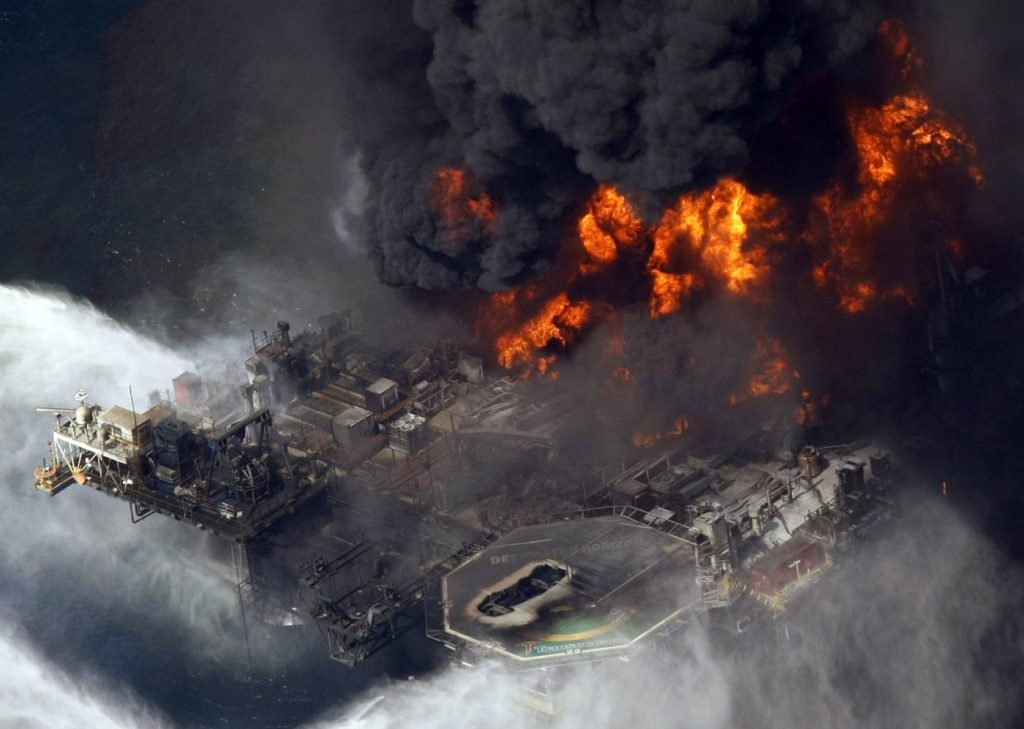Fifteen years after the catastrophic Deepwater Horizon oil rig explosion in the Gulf of Mexico on April 20, 2010, which claimed the lives of 11 workers and resulted in the release of 134 million gallons of crude oil, the repercussions of this disaster continue to resonate. The spill, recognized as the worst offshore oil spill in U.S. history, drastically affected the environment and the health of local communities along the Gulf Coast.
In the aftermath, oil company BP paid billions of dollars for damages, enabling a range of ambitious coastal restoration projects across five states. Despite this financial compensation, many cleanup workers and local residents who experienced health issues linked to the spill find it difficult to have their cases heard in court, and only a few have received meaningful compensation for their suffering.
The case of Tammy Gremillion, whose daughter, Jennifer, was involved in the cleanup efforts, highlights these struggles. Jennifer worked intensely during the cleanup, often returning home covered in oil and suffering various health issues, including rashes and severe headaches. Tragically, she passed away from leukemia in 2020, a cancer that studies have shown can occur due to oil exposure. Gremillion firmly believes that her daughter's illness was a direct result of toxic exposure during the cleanup, leading her to file a lawsuit against BP in 2022. However, establishing a direct connection between health problems and the spill has proven challenging in court.
Legal analysts reveal that out of approximately 4,800 lawsuits related to health issues from the oil spill, most have been dismissed, with only a handful still pending. In a 2012 settlement, BP allocated $67 million to compensate affected workers and residents, but many received as little as $1,300 each, a frustratingly low amount for their suffering. Attorneys representing Gremillion and other plaintiffs argue that BP has employed procedural tactics to hinder victims' access to justice.
Environmental impacts from the spill were extensive, leading to the destruction of barrier islands, the suffocation of oyster beds, and the death of thousands of seabirds and marine life. PJ Hahn, a former coastal management official in Southeast Louisiana, described witnessing dramatic transformations in the coastline as the oil eroded vital habitats. However, despite the catastrophe, significant strides have been made in restoration efforts, with over 300 projects worth $5.38 billion approved to revive habitats across the Gulf.
Nonetheless, recent developments have raised concerns among conservationists. A major land creation project aimed at diverting sediment from the Mississippi River to rebuild 21 square miles of land in southeast Louisiana has encountered delays due to fears that freshwater influx could adversely affect local fisheries and ecosystems. Louisiana Governor Jeff Landry expressed that the project could jeopardize the region's cultural and environmental integrity, leading to a temporary pause in its progress.
The ongoing push for offshore drilling, especially during the Trump administration, has intensified conservationists' fears. BP, while announcing new oil discoveries and plans for over 40 new wells, has asserted that it has implemented improved safety measures to prevent another disaster like Deepwater Horizon. However, advocates argue that the legacy of the spill should serve as a warning against further expansion in offshore drilling and the associated environmental risks.










